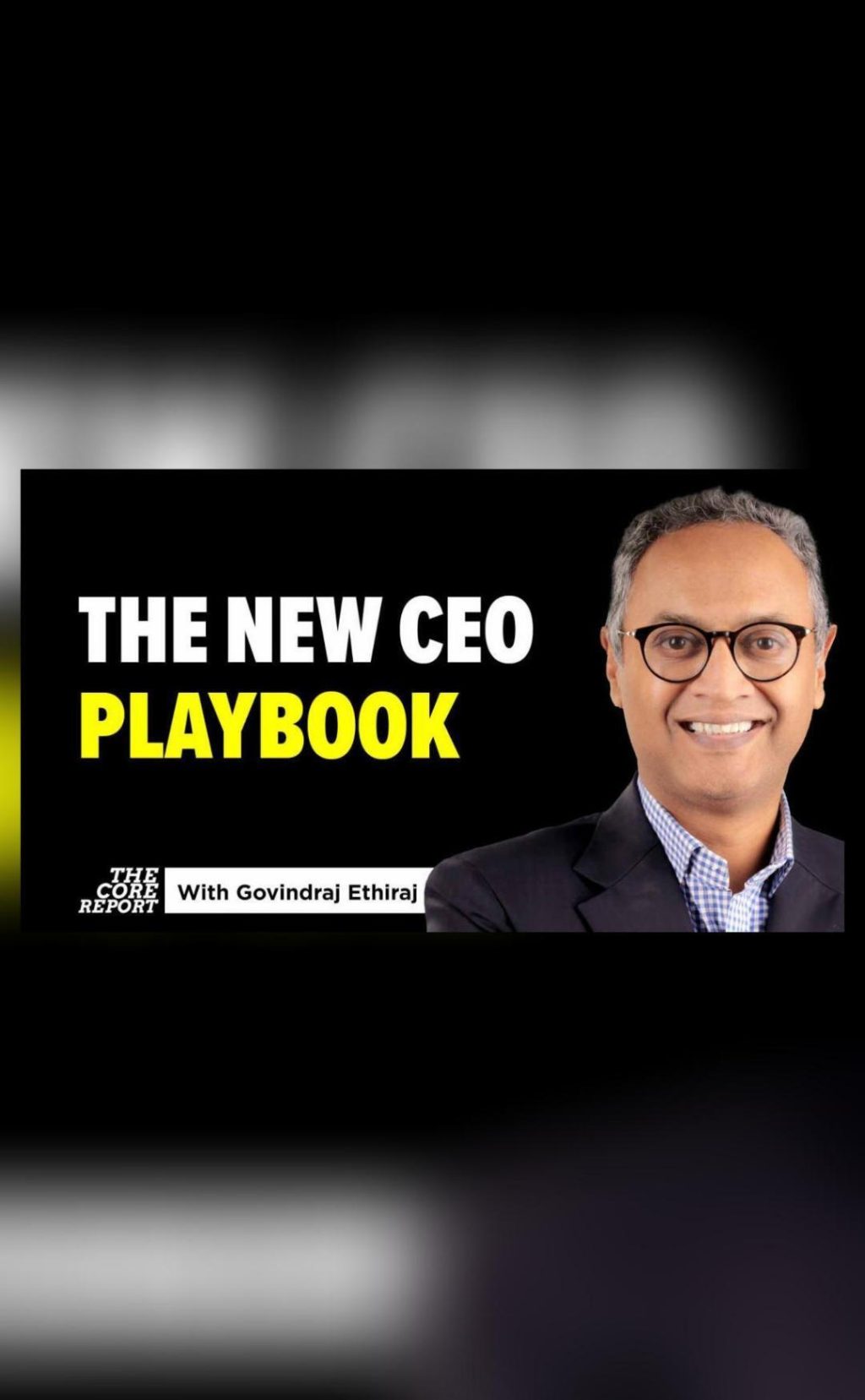
The New CEO Playbook: AI Pressures & Global Tariff Shocks
In today’s fast-paced and ever-changing business landscape, CEOs face an unprecedented array of challenges. The rise of Artificial Intelligence (AI) is reshaping industries, while global tariff shocks are disrupting trade and commerce. As a result, business leaders must rethink their strategy and operations to stay ahead of the curve.
In this blog post, we’ll explore the key challenges faced by CEOs in the digital age and provide insights on how they can navigate these pressures to drive growth and success.
The Rise of AI: A Game-Changer for Industries
AI is transforming industries at an incredible pace. From customer service to data analysis, AI-powered tools are automating tasks, improving efficiency, and enhancing decision-making. However, this rapid adoption also presents significant challenges for CEOs.
Firstly, AI requires significant investment in infrastructure, training, and talent. Companies must adapt to new technological requirements and develop the skills to implement and maintain AI systems. Secondly, AI-driven automation can lead to job displacement, which can be a major concern for companies with large workforces.
To stay ahead, CEOs must prioritize internal pressures to automate and innovate. This includes:
- Investing in AI research and development to stay ahead of the curve.
- Developing a workforce with the skills needed to implement and maintain AI systems.
- Focusing on high-value tasks that require human judgment and creativity.
Global Tariff Shocks: Disrupting Trade and Commerce
In recent years, global trade policies have become increasingly complex and uncertain. The rise of tariffs and trade wars has created a challenging environment for companies with international supply chains.
CEOs must adapt to these external pressures by:
- Diversifying their supply chains to reduce dependence on a single country or region.
- Developing contingency plans for potential trade disruptions.
- Focusing on local production and distribution to minimize the impact of tariffs.
Rethinking Strategy and Operations
In the face of these unprecedented challenges, CEOs must rethink their strategy and operations to drive growth and success. This includes:
- Focusing on localized production and distribution to minimize the impact of tariffs.
- Developing a workforce with the skills needed to adapt to changing technologies and trade policies.
- Prioritizing innovation and R&D to stay ahead of the curve.
Adapting to Uncertainty
In today’s fast-paced business environment, there is no guarantee of stability. Companies must be prepared to adapt quickly to changing circumstances. This includes:
- Developing a culture of continuous learning and improvement.
- Focusing on flexibility and agility in response to changing trade policies and technological advancements.
- Building strong relationships with suppliers, customers, and partners to navigate uncertainty.
Conclusion
As AI reshapes industries and tariff shocks disrupt trade, global CEOs face unprecedented challenges. To stay ahead, business leaders must rethink their strategy and operations, prioritizing internal pressures to automate and innovate, while adapting to external forces like shifting trade policies.
By diversifying supply chains, developing a workforce with the skills needed to adapt to change, and focusing on innovation and R&D, companies can navigate the challenges of the digital age and drive growth and success.
News Source:






